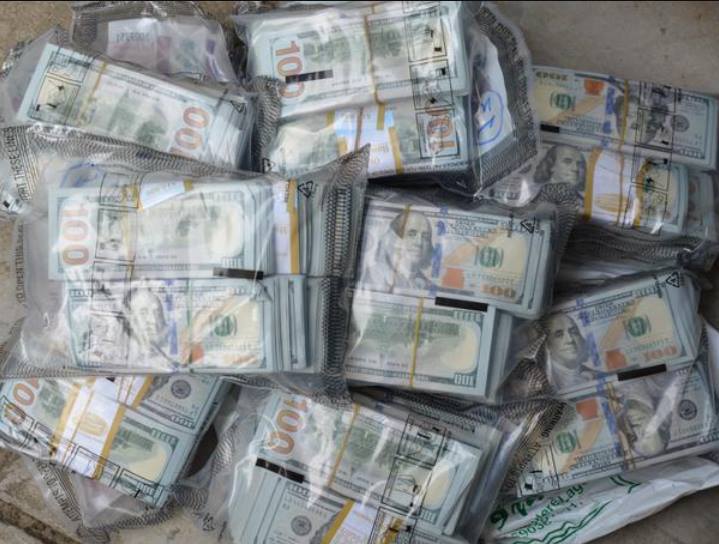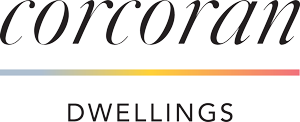Q: How do I know if I have saved enough money to buy a home?
A: Ah this is an age old tricky question, and it’s easy to defer to one’s lender and say – let them run your numbers and tell you – and they will!
According to BankRate.com, a standard rule for lenders is that your monthly housing payment (principal, interest, taxes and insurance) should not take up more than 28 percent of your income before taxes. This debt-to-income ratio is called the “housing ratio” or “front-end ratio.” i.e. if your income is $4,000 a month – your mortgage inclusive of insurance and taxes should be about $1,120 a month.
There are various loan programs your lender can discuss with you that offer different down payment amounts. They can range from VA loans (0% down) to FHA (3.5% down) to Conventional (3% to 20% down). You’ll also need cash down for your closing costs. Again a lender can calculate these for you based on the purchase price you qualify for and payment you are comfortable with.
But outside of that, let me just give you a little real world example about money down and reserves.
Recently, I was the listing agent on a home. The house was a modest $225,000. The buyer was purchasing with a VA loan which is a 100% loan – i.e. no money down. It’s a great program for servicemen and women and doesn’t require mortgage insurance but due to living through the real estate market of 2005-2007, I have to admit any time I see a buyer using VA or any other low or no money down loan, it raises an eyebrow and makes me wonder how truly qualified that buyer really is. Especially when the offer has a $500 escrow deposit on it.
Um, no. Here’s a tip: At least put 1% in escrow if you are trying to make a strong offer in a seller’s market where there is a lot of competition from other buyers.
In this case I should have raised both eyebrows.
Long story short, the buyer went through 3 different lenders to try to get a mortgage, tried adding her boyfriend to the loan which was denied, but then – ALAS – finally it looked like it was going to get done with a new 3rd lender by some miracle! She was approved! While waiting for the appraisal to get done, I get a phone call from the buyer’s agent.
“The buyer’s car has had a meltdown and needs an unexpected repair that is going to cost $1,000. This is going to make us dead in the water. It will kill her debt to income ratio. That’s all the money she has. She has to get the repair done, she has little kids she transports to school.”
Say WHAT?
This buyer was clearly within the lender guidelines above. But she didn’t have an extra $1,000 in her bank account. She was buying with a 100% loan but had no “reserves” (cash) in her bank account. Well, I mean I guess she had exactly $1,000 – but I guess that had to go to the car. If you do not have more than an extra $1,000 in your bank account for things like an unexpected car repair – please do NOT buy a house. You aren’t ready. That’s not even 1 month of living expenses if you lost your job tomorrow and you are going to wind up in a uphill financial battle the minute something unexpected comes up again.
I may be the only Realtor in the world to tell you this – but if this sounds like you – you are not ready to buy a house. Get a 2nd job and save, save, save! I want you to buy that house, but when you are in the right financial position to do so. In fact this buyer’s Realtor was pushing SO hard to get this done, going to 3 different lenders, it was clear she was only in it for the commission and she knew her client was really not in a good financial position to buy a home.
If this buyer had closed on this house, and let’s say the roof went bad in the first 6 months she owned it – what would she do? Clearly she has no money saved. She would wind up in debt to the tune of over $7,000 easily for a new roof. Or let’s say she lost her job next week and couldn’t make that month’s mortgage payment? Instantly, she’d be putting herself in a position to fall into foreclosure.

Does anyone remember 2005-2007? When people were buying houses they couldn’t really afford and Wall Street was doing all kinds of crazy bad things?
There are still a few bad lenders and bad Realtors out there, and people who don’t understand how much they should spend on a home. I never want to see a housing market like that again and I would love to see people be more conservative and realistic when choosing a home – i.e. one they can easily afford!
RESERVES. def: a supply of a commodity not needed for immediate use but available if required.
When you buy a house, you need reserves in the form of cash. Lenders want to see a certain amount of reserves in a buyer’s account before issuing a loan approval. Even if you are buying a house with an FHA loan with only 3.5% required down payment, that does not mean you only need 3.5% of the purchase price of the house in your bank account. You need more. Certainly you need enough to cover closing costs too – but also what if you lost your job tomorrow? Reserves.
Some experts say you should always have 3 to 6 months of living expenses as a good buffer – but suffice it to say – please don’t take it down to your last $1,000. You never know when the car is going to break down, the dishwasher is going to flood the kitchen, or some other crazy unexpected thing might happen. Life is full of surprises, and you never want to stretch yourself so thin that you are “house poor” and will be up a creek so to speak something goes wrong.
That is my little PSA. Reserves. Get some before you buy a house and make sure you’ll have plenty even after you buy a house.


Leave a Reply